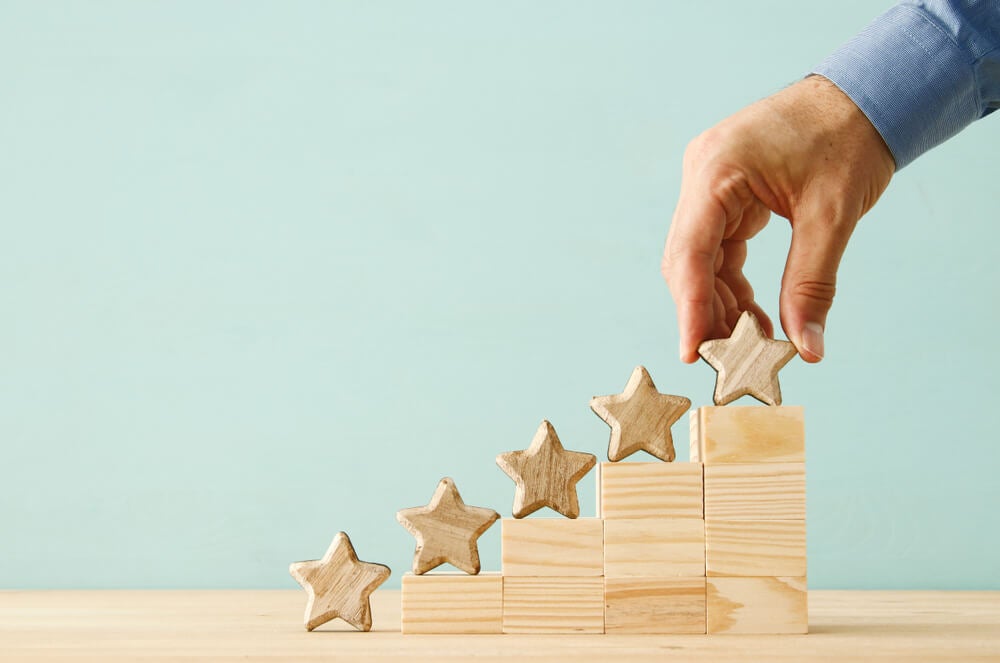High performance is not a concept that is limited to elite athletes or great entrepreneurs. We can all wish we were high-income people, because we can all be much more than we are now, much more than we ever imagined.
After all, as you will find in this article, high performance is not about knowledge or technique, it is about momentum; an impulse that comes from all of us.
- For Manuel Coloma.
- High performance depends directly on the ability to orient and align all our capabilities towards the goal we are looking for.
- And this applies to both sport and professional and personal life.
- In this article we will analyze your high performance theory and how to apply it.
“When we talk about high performance, we talk about something that is done. So you have to be measurable, because the most important thing is not what you know, but what you can do with what you know. -Manuel Coloma-
Manuel Coloma proposes that, in order to achieve a high performance, it is necessary to know the limits themselves, then ignore them and thus overcome them. The high performance is going beyond the limits of what we think we can know or do today.
We are constantly evolving, Coloma says, we are constantly seeking excellence, which is to maintain our high expectations so that our incomes are always higher.
For Manuel Coloma, high performance is based on three properties or phases (stages): energy, boldness and patience.
Energy is what allows people to face the work they want to do, in sport talking about energy is physical capacity, in daily work energy is represented by knowledge, the technique with which we are able to develop our work and our motivation. .
Motivation is especially important to achieve energy, because it is the impulse to do what we have to do, after all, without momentum, without motivation to do, there is no point in having a lot of knowledge or mastering techniques.
Audacity stands for creativity, innovation and productivity. Coloma explains that audacity means being able to break the rule, to look for new solutions, to see something where others have not seen anything, to do what others have not done.
In other words, for Coloma, daring is the ability to differentiate itself from others. Something that has nothing to do with energy, but with the way we are able to adapt, to be flexible, to the capabilities that we are able to develop at all times.
For Manuel Coloma, patience is lived and metabolized experience, wisdom, explains that only when we reach this last phase do we know if we need to focus more on energy or daring.
When a person goes through these three stages, energy, audacity and patience, he manifests what Manuel Coloma calls a global propioceptive behavior. Propioception is related to how we perceive ourselves in our environment, to the ability to dominate the space in which we work.
Coloma calls it “dominating the park,” just as a basketball player dominates the court or an investor dominates his economic stage. Thus, dominating the park means being able to predict the scopes and consequences of its actions.
To do this, it is essential to be positive and optimistic, which implies the following:
“People need to get involved in a process of continuous personal development, that encourages them to seek the best, adapt to new circumstances and adapt to life changes. -Manuel Coloma-
Coloma makes it clear that anyone who wants to pursue high performance must first become a freelancer capable of doing their job alone, without anyone having to witness it or tell them what to do.
A person is self-sufficient when he takes the impulse of himself, of the internal motivation he has, it is these people who are getting closer and closer to high performance, so Coloma says that those who want to achieve a high performance should be more concerned with motivation and momentum than by technique and knowledge, since these can be acquired.
Manuel Coloma holds a degree in psychology and a high-performance specialist, a professional basketball coach for three decades and a basketball coach for six years, in his time in the Spanish women’s national team he won the first gold medal of Spanish basketball. in 1993.

